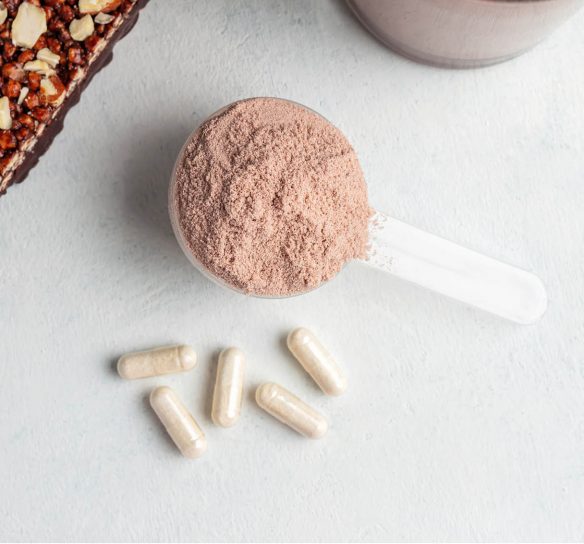Sport and recovery

Recovery, a key stage in training
The benefits of exercise on physical and mental health are widely recognised.
In addition to reducing the risks of cardiovascular diseases, immune balance, stress management and maintaining a healthy weight, sport is also an essential element for preventing joint disorders and lower back pain.
However, intense, prolonged or simply poorly prepared sports training can cause functional disorders and physiological alterations, which end up weakening our body and slowing us down.
Whether you are an amateur or seasoned athlete, recovery is an integral part of training. Good recovery conditions the quality of the exercise and improves performance while preserving health.
Learn all about this multifactorial phenomenon
Oxidative stress, the athlete's little-known enemy
Acid-base imbalance
Osteoarticular fragility
Magnesium losses
Supplementation, a daily reflex

To limit the negative effects that can be induced by exercise, even low intensity, good recovery is essential.
It also promotes more efficient training!
Along with a coherent training plan and an adapted diet, supplementation is today a major tool in athletes’ recovery.